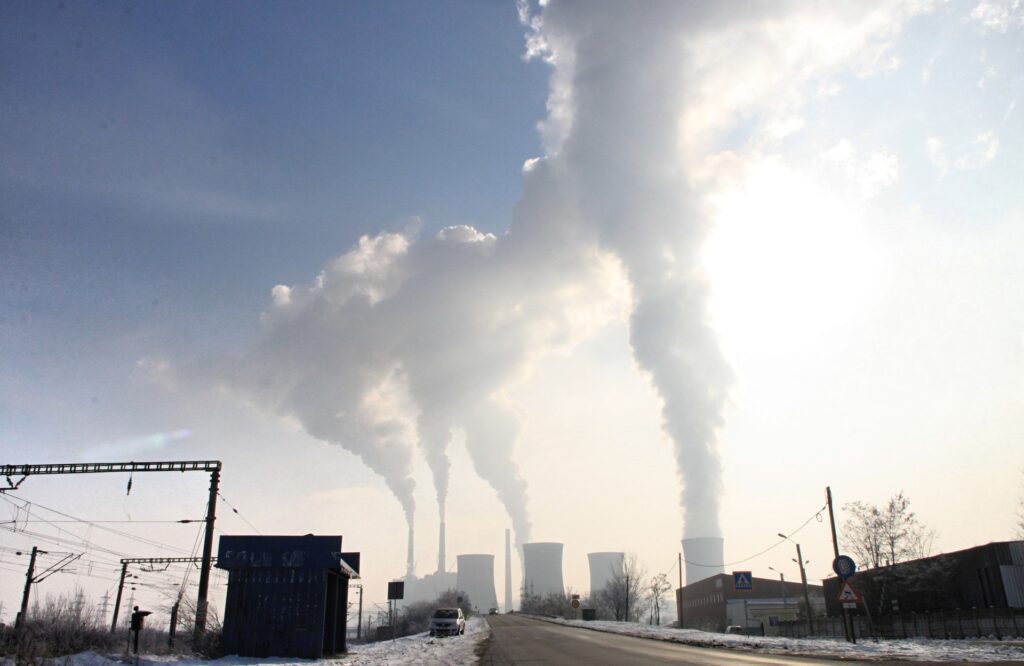- The New York State Department of Environmental Conservation has designated two Long Island tribes – the Shinnecock Nation and Unkechaug Indian Nation – as “disadvantaged communities” under the Climate Leadership and Community Protection Act (CLCPA).
- This designation means the tribes and other “disadvantaged communities” in the state will be eligible for funding and resources to address environmental issues and climate change under the CLPCA.
- This move has been welcomed by tribal leaders who have been advocating for environmental justice.
- Some wealthy neighboring communities on Long Island have also been designated as “disadvantaged communities” due to pockets of poverty within them, which has raised concerns among environmental justice advocates.
By wshu | April 06, 2023
New York state has finalized a list of more than 1,700 disadvantaged communities that will receive extra state funding for clean energy and energy efficiency programs.
Around 85 communities on the list are on Long Island which includes the Shinnecock Indian Nation’s territory in Southampton, and the Unkechaug Nation’s territory in Brookhaven. Tribal members have spoken out against the neighbors they have been grouped with. In an interactive map released last week by the state’s Climate Justice Working Group, the Shinnecock Hills Golf Club and Hampton mansions surrounding the territory have also been labeled as disadvantaged.
Tela Troge, a Shinnecock tribal attorney, said the methodology used to determine which communities made it onto the map — U.S. census tracts — was flawed.
“In Shinnecock’s case, the census tract includes not only the nation’s territory, but also the territory of literal billionaires and wealthy institutions like the Shinnecock Hills Golf Club and others, that are most certainly not disadvantaged,” Troge said. “And a lot of that goes back to Long Island’s deep-rooted history of segregation and redlining.”
Read more from wshu.



